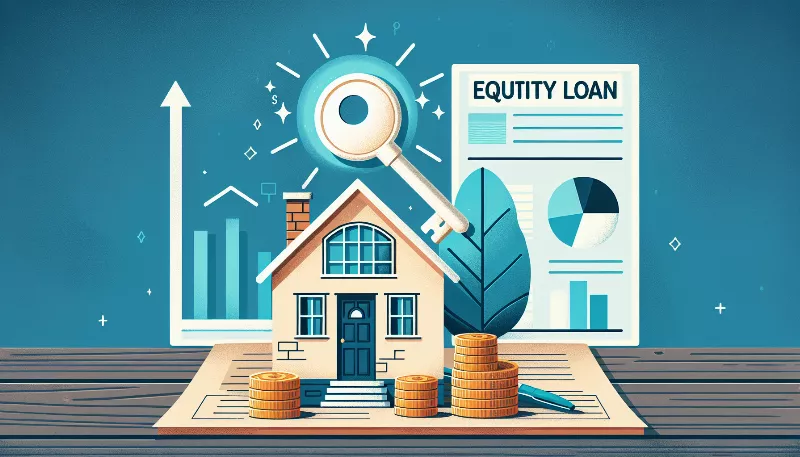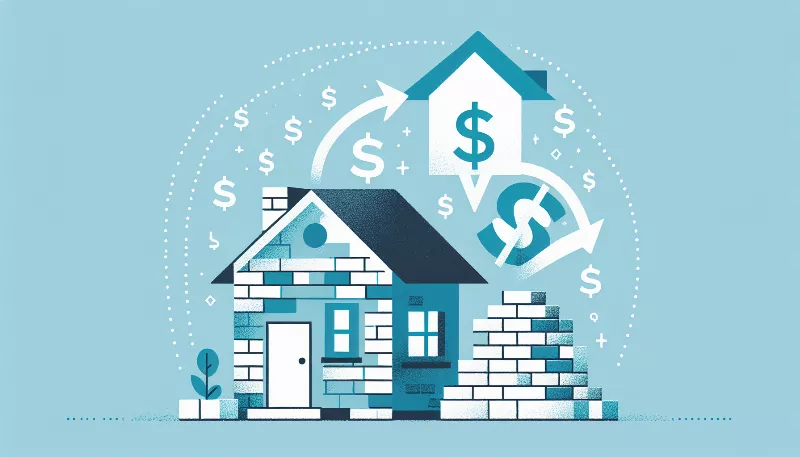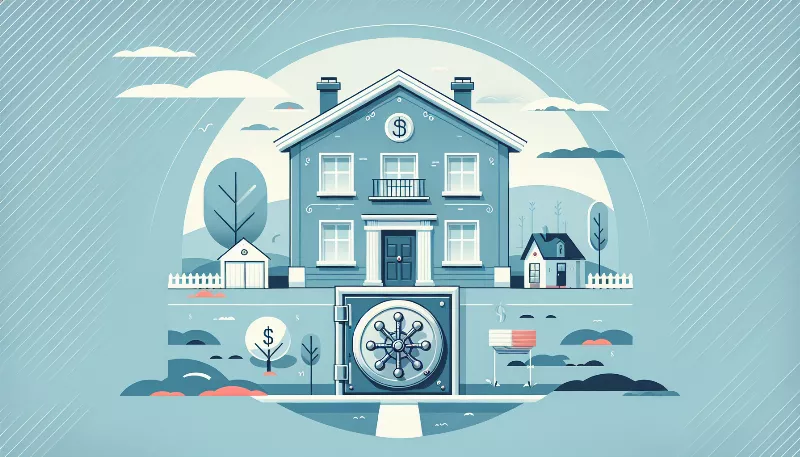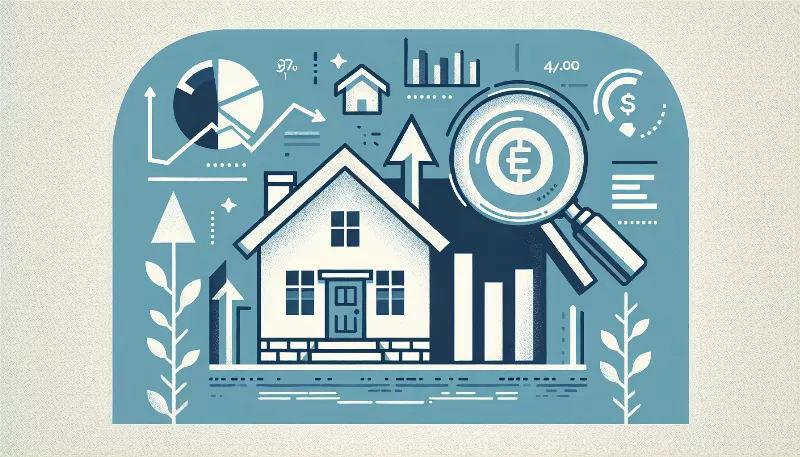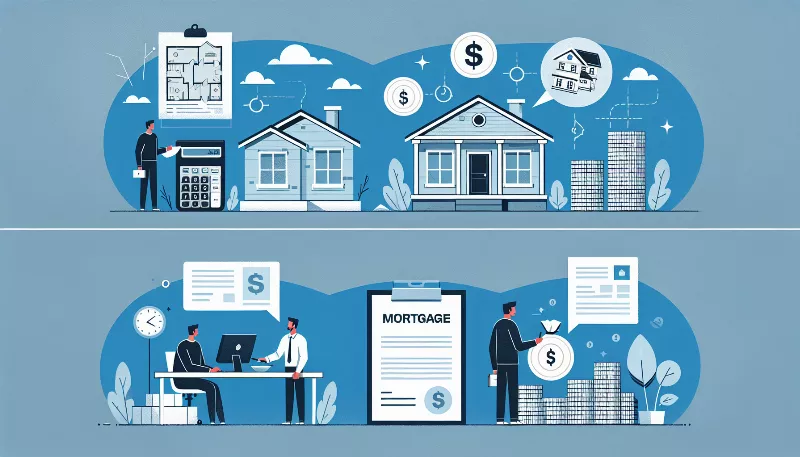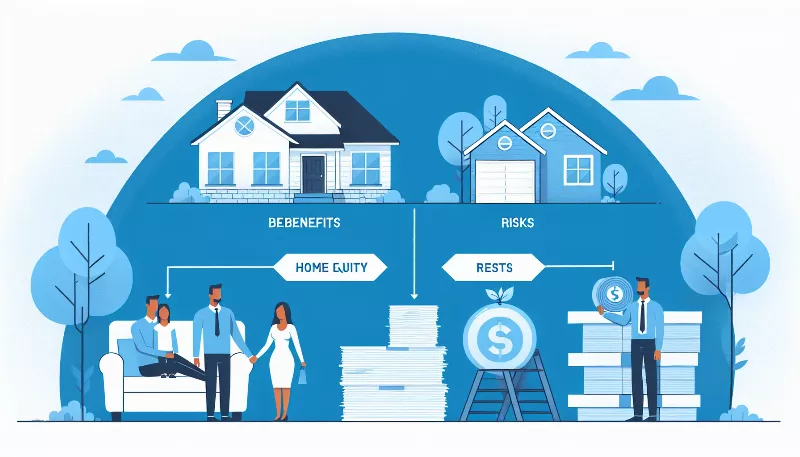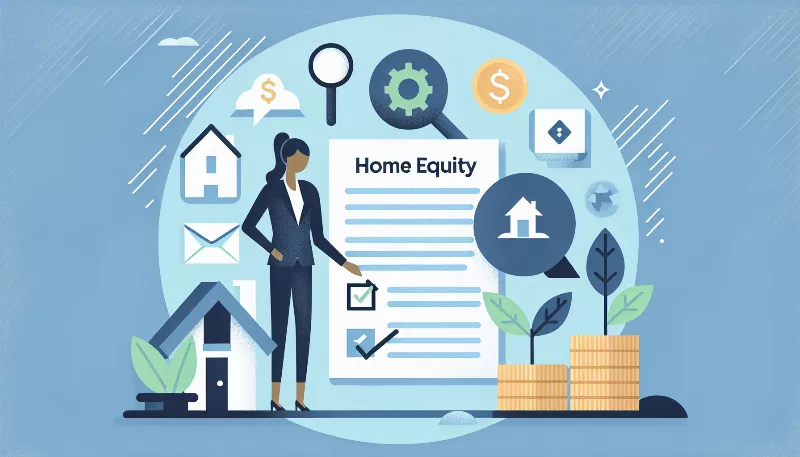Leverage Your Living Space: Essential Criteria for Home Equity Loans
Unlock the value of your home! Discover key factors for securing a home equity loan and maximize your living space's potential. Learn more now!

Unlock the Financial Potential of Your Home
Are you looking to tap into the wealth tied up in your home? A home equity loan might be the golden ticket to consolidating debt, renovating your home, or covering unexpected expenses. But before you dive in, it's crucial to understand the essential criteria that lenders evaluate when considering your application. Let's explore the key factors that can help you leverage your living space to its fullest financial potential!
Understanding Home Equity
First things first: what exactly is home equity? Simply put, it's the current market value of your home minus any outstanding mortgage balance. This equity is a powerful asset that can be converted into a loan, providing you with a lump sum of cash to use as you see fit. But to unlock this value, you need to meet certain criteria set by lenders.
Your Credit Score: The Gateway to Approval
A robust credit score is your passport to favorable loan terms. Lenders will scrutinize your credit history to gauge your reliability as a borrower. A higher score not only increases your chances of approval but also helps secure lower interest rates, making your loan more affordable over time. It's wise to review your credit report and rectify any errors before applying for a home equity loan.
Debt-to-Income Ratio: Balancing Your Financial Health
Your debt-to-income (DTI) ratio is another critical factor. This metric compares your monthly debt obligations to your gross income, providing lenders with a snapshot of your financial stability. A lower DTI ratio signals to lenders that you're less of a risk, which could lead to better loan terms. Aim to reduce your debts and increase your income to improve this ratio before seeking a home equity loan.
Home Equity Amount: How Much Can You Borrow?
The amount of equity you've built up in your home directly affects how much you can borrow. Most lenders allow you to borrow up to 80-85% of your home's equity, but this can vary. To maximize your borrowing power, consider making additional mortgage payments to increase your equity before applying for a loan.
Property Value: The Role of Your Home's Worth
Lenders will assess the current value of your property to determine the loan amount. A professional appraisal may be required to get an accurate valuation. Keeping your home well-maintained and investing in improvements can boost its market value, potentially increasing the amount you can borrow against it.
Interest Rates: Navigating the Cost of Borrowing
Interest rates are a pivotal aspect of any loan. Fixed and variable rates offer different advantages, and the choice depends on your financial situation and risk tolerance. Fixed rates provide stability with consistent monthly payments, while variable rates can offer initial savings if market rates are low. Research current trends and consider your long-term financial plans when deciding which rate type suits you best.
Repayment Terms: Planning for the Future
Home equity loans come with various repayment terms, typically ranging from five to fifteen years. Longer terms mean smaller monthly payments but more interest paid over the life of the loan. Shorter terms lead to higher monthly payments but less interest overall. Consider your monthly budget and long-term financial goals to choose a repayment plan that aligns with your needs.
Conclusion: Empower Your Financial Journey
Securing a home equity loan can be a strategic move to strengthen your financial position. By understanding and optimizing these essential criteria, you'll be well-equipped to leverage your living space and make informed decisions that benefit your financial future. Embrace the opportunity to turn your home equity into a powerful tool for achieving your dreams!
